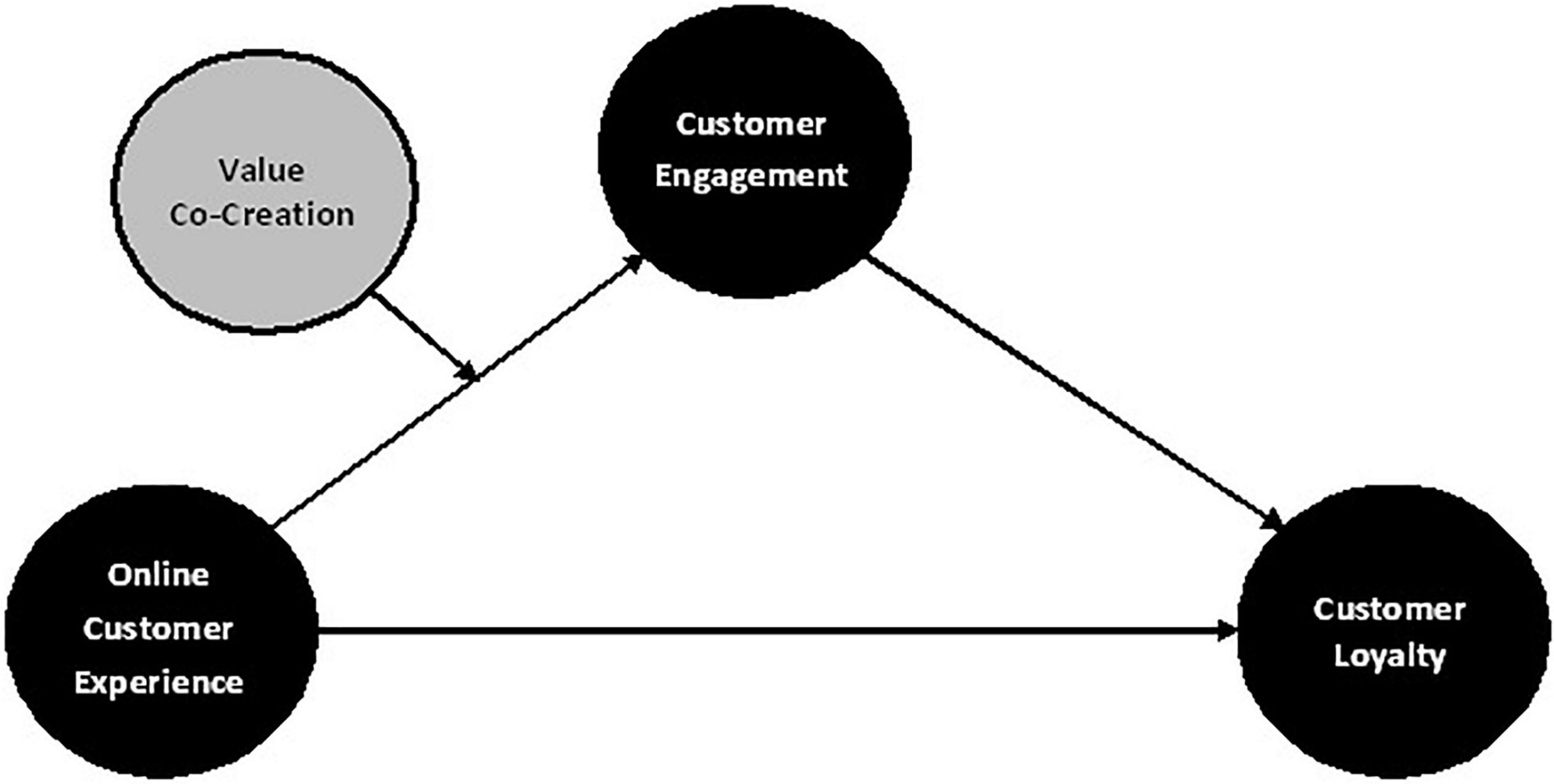Brand trust is one of the ways in which technology companies will see long-term success. Trust is the glue that will hold fast and weather the storm in a world where near-constant change is wrought by innovation. It solidifies customer loyalty, reduces reputational risk, and sets one brand apart from many others. The article that follows examines some key best practices in building brand trust for the tech industry while reinforcing reputation and fostering lasting relationships with customers.
Why trust matters in the tech industry
With the technology vertical, it comes with brand loyalty built on a bedrock of trust. From storing personal information to financial transactions, consumers entrust most aspects of their lives to technology. This is manifested in research time and again, which has shown that customer trust in tech brands has a positive effect on customer loyalty and purchase decisions, consequently increasing market share and competitive advantage.
- Enhances customer loyalty: Builds long-term relationships and repeat business.
- Drives adoption rates: Customers are more likely to use and recommend trusted products.
- Strengthens brand reputation: Credibility attracts partners and investors.
- Encourages data sharing: Trust assures users their data is secure and used responsibly.
- Supports crisis management: Trusted brands recover faster from setbacks.
- Boosts competitive advantage: Differentiates from competitors in a crowded market.
- Fosters innovation: Users are open to adopting new technologies from reliable companies.
Trust ingrains resilience in situations of a data breach or a product recall. Organizations reputed for being transparent and reliable tend to bounce back quickly in case of a crisis, as consumers are pretty confident that the organization takes an immediate interest in getting better.
Key best practices for building brand trust in tech
Building brand trust in tech requires transparency, exceptional customer service, and consistent communication. By prioritizing data security, delivering on promises, and fostering authentic relationships, tech companies can establish credibility and long-term loyalty in a competitive market.
Emphasize transparency and clear communication
Transparency builds credibility and shows a tech company is open to everything. To build transparency:
- Provide explanations on data privacy, security protocols, and usage policies in simple terms. The customer should be aware of how data collection, storage, and usage occur.
- Publish company policies and practices reports for public review regularly. Transparency reports published by companies like Microsoft and Google help engender public confidence through details on data practices, law enforcement requests, and regulatory compliance.
- Admit mistakes transparently. When companies like Apple or Zoom have faced security concerns, immediate honest responses from them showed accountability and averted long-term destruction of trust.

Implement strong data security and privacy standards
In this age of high-profile data breaches, solid security is merely table stakes for building trust in tech. At a minimum, customers expect that their personal information will be handled with due care. To enhance data security:
- Adopt and promote strong security practices, meeting or exceeding industry standards such as end-to-end encryption, two-factor authentication, and GDPR compliance. Companies positioned with a security focus, such as Signal or WhatsApp, build trust with trust-oriented customers.
- Regularly conduct audits to identify and correct potential vulnerabilities in the products and services.
- Educate your customers regarding security best practices and how they can understand their part in data protection, coupled with measures taken for the protection of their information.
Cultivate ethical standards and social responsibility
Technology companies are increasingly judged by their ethical practices, for example, ESG, which encompasses environmental, social, and governance initiatives. Ethical standards improve brand image and build public trust.
- Develop and publish the policy of usage concerning ethical issues, such as AI fairness, content moderation, and responsible sourcing of materials. Examples include Google’s AI principles and Salesforce’s pledge to develop responsible AI.
- Take part in environmentally friendly business practices that reduce waste and reduce harm to the environment through minimal e-waste, use recyclable materials, and efficient data centers. For instance, Apple committed to a carbon-neutral business.
- Take part in social causes in which by helping society, businesses benefit while reinforcing corporate values. For instance, companies such as Microsoft and IBM have supported various initiatives around the world pertaining to digital literacy and education.
Build customer loyalty through engagement and feedback
Customer engagement and feedback loops develop a sense of partnership between tech companies and their customers, which in turn builds trust.

- Clearly provide channels for customer support; the issues should be handled as soon as possible. Technology companies such as Amazon and Apple respond to customer complaints; therefore, it builds customer loyalty.
- Solicit responses through questionnaires, focus groups, and other online platforms to understand customer preferences and expectations. Then act upon feedback, as responses will make the customers feel their voices are being heard.
- Offer multiple channels to converse with your customers through different social media channels, user forums, and other interactive platforms where customers can share experiences and ask questions. Involving customers in co-creative ways builds trust and enhances product satisfaction.
Prioritize brand trust authenticity and consistency
In technology, authenticity strengthens trust through actions that are in line with values shared as those of the company. Authenticity is all about consistency in every interaction and communication.
- Have a consistent voice and message of the brand that aligns with the mission and values of the company. Apply this across marketing, customer support, and corporate communication.
- Only then do they try to keep pace with trends to reap short-term benefits, but align the product or service to the needs of the customer. An example is Spotify; it has always focused on the user’s experience in terms of ease of access to music, and it created trust by delivering its brand promise.
- Create a history of integrity so that customers can trust the brand over time.
Demonstrate innovation responsibly
Innovation is the core of technology; however, responsible innovation builds trust. People want to know that companies moving technology forward do so in a responsible manner and take on ethical considerations along with societal impact.

- Balance innovation with security: test new products in detail, and make feature updates that protect user privacy. For example, Apple regularly issues security updates that lock in further security for its users.
- Lay down clear ethical boundaries regarding emerging technologies such as AI, augmented reality, and machine learning. This also includes taking care of any bias or misappropriation related to it. IBM and Google have developed AI ethics review boards that assess the consequences of their developments.
- Coordinate with regulatory authorities to ensure new technologies meet the evolution of standards in both law and ethics. Companies being proactive about regulation rather than reactive show more responsibility.
Navigating reputation risks in the tech sector
Identifying reputation risks and then taking action to minimize them builds trust. Some of the common risks in this aspect include:
- Data breaches: Companies can minimize these risks through best practices in security and timely notification to customers.
- Misinformation: Clear communications avoid misinformation that may harm a company’s good reputation.
- Product failure: Quick response with accountability to product issues minimizes harm to reputation.
The importance of monitoring brand sentiment
Reputation management for technology companies involves active monitoring of brand perception. Tools include social listening platforms and customer feedback channels that provide instantaneous insight into perceptions. This helps a technology firm respond rapidly to emerging issues and retain a healthy and credible image.
Conclusion
For tech companies, Brand trust is an invaluable asset that underpins long-term growth, brand loyalty, and resilience. By focusing on transparency, strong security, ethical practices, customer engagement, and responsible innovation, tech companies can build and maintain the trust of their customers. In a world where technology shapes daily life, companies that prioritize trust and integrity will lead the industry and strengthen their reputation in the process.




